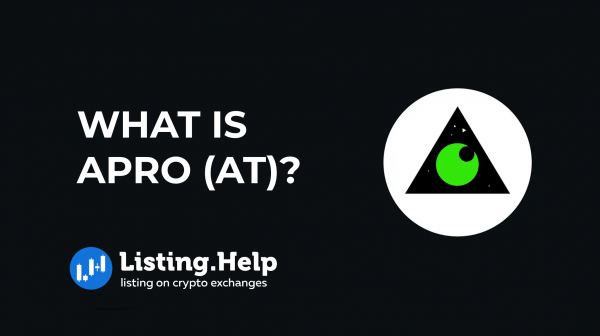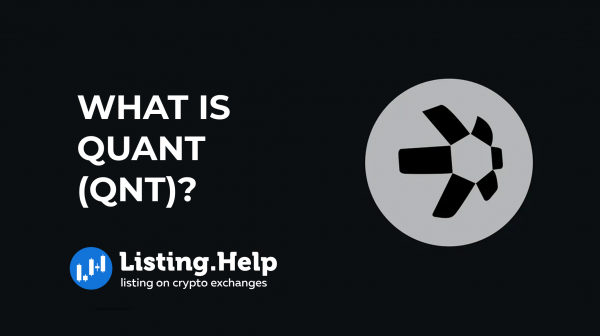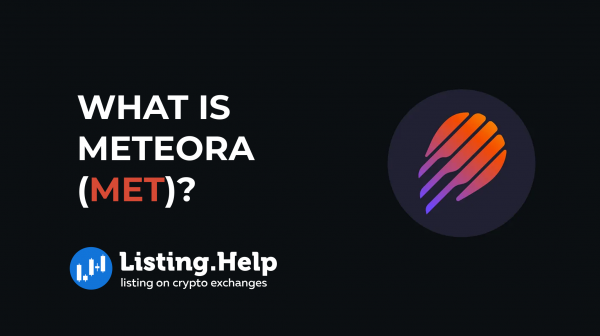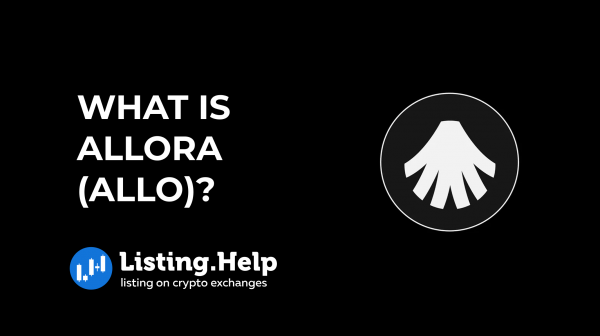Is Cryptocurrency Halal or Haram? A Comprehensive Islamic Perspective
 September 2, 2024
September 2, 2024 Updated: May 18 2025, 08:53
Updated: May 18 2025, 08:53
LEAVE A REQUEST
Launching your own token project? Our experts are ready to help with listing on exchanges, market making, marketing and other solutions
SUBMIT APPLICATIONIntroduction to Cryptocurrency in Islamic Finance
With the rise in popularity and gradual integration of cryptocurrency into the global economy, a debate has emerged in the Muslim community about its permissibility under Islamic law.
Many Muslims are trying to understand how cryptocurrency complies with the principles of Shariah.
In this article, we will explore this issue further and examine the different viewpoints on whether crypto is halal or haram. The opinions of both Islamic scholars and various experts in the field of finance will be considered.
What is Cryptocurrency?
Cryptocurrency is a type of digital currency that uses cryptography for secure and transparent transfers. Cryptocurrency is handled by a decentralized payment system that has no administrator or central authority. Instead, transactions are processed by validators whose computers may be located in different parts of the world, decentralizing all stored information.
This decentralization makes it nearly impossible to forge transactions or one’s own balance. All of this makes cryptocurrency a secure means of payment.
Cryptocurrency can be used, like regular currency, to pay for goods and services, as a means of saving, or as an investment vehicle.
In recent years, thousands of different cryptocurrency coins have emerged, but the main coin is still bitcoin.
The Rise of Cryptocurrency in Global Finance
The cryptocurrency industry has changed dramatically since the emergence of bitcoin in 2009. A huge cryptocurrency market, with its crypto exchanges, decentralized applications and other infrastructure that emerged to facilitate the use of the new technology, has been built from nothing. At the same time, the cryptocurrency market has grown significantly and now occupies a significant place in the global economy.
It is used for payments by major players in the global market, paid online, used as a tool for trading and investment.
The rapid development and public acceptance of cryptocurrencies has led to questions about whether Muslims can use this tool and participate in a new form of financial activity. Will cryptocurrency be halal or haram?
The Importance of Halal and Haram in Islamic Finance
To answer this question, it is necessary to consider the well-established principles that underpin Islamic finance. In Islamic economics, any activity related to finance must conform to the concepts of halal or haram. This concept is defined by the Shariah, which governs all aspects of a Muslim’s life, including financial activities.
Islamic Perspectives on Cryptocurrency
Scholars’ Opinions on Cryptocurrency
Currently, there is an ongoing debate among scholars about the halal nature of cryptocurrencies. Therefore, there is no unanimous opinion. Some scholars are sure that cryptocurrency can be halal if it is used within the framework dictated by the principles of Shariah. Others disagree and argue that cryptocurrency is haram due to its nature and the risks associated with its use. So far, there is no unified opinion. However, it is possible to examine the arguments of both sides in more detail.
Arguments for Cryptocurrency Being Halal
The main arguments for cryptocurrency being halal are its decentralized nature and transparency, which are in line with the principles of justice and fairness required in Islamic finance.
Adherents of this view believe that cryptocurrency can be halal if it is not used for prohibited purposes and all the conditions of Shariah are followed.
Arguments for Cryptocurrency Being Haram
In contrast, other scholars believe that the speculative nature of trading (gharar) and the risk associated with the high volatility of the cryptocurrency market can make it haram. This view implies that cryptocurrency can facilitate gambling and other such things that are forbidden in Islam.
Analysis of Cryptocurrency Characteristics
Speculation (Gharar) and Risk
The main concern of Islamic scholars is that cryptocurrency is by nature a speculative instrument. Most of the market participants come to the cryptocurrency market to participate in speculative transactions and to make quick money, thus the ultimate goal of most of the market participants is to enrich themselves.
Therefore, one can understand the scholars who are concerned about this nature of cryptocurrency. The fact is that gharar in Islamic finance means uncertainty or risk, which can make a transaction impermissible under Shariah. Therefore, the high volatility of the cryptocurrency market leads to excessive risk taking, which makes cryptocurrency haram.
Interest (Riba) and Profit Generation
Furthermore, riba (interest) is strictly forbidden in Islam. If cryptocurrency income is generated using riba elements, it makes the cryptocurrency and its transactions haram.
Interest is used in a variety of cryptocurrency instruments. For example, it can be used in lending and borrowing tools on decentralized marketplaces. On such platforms, users lend cryptocurrency assets to other users in exchange for interest. In essence, this process is a form of riba, as the lender receives interest income from the borrower, which is strictly forbidden in Islam.
However, as we delve deeper into the subject and begin to explore each of the crypto market instruments, most of them will involve interest in one way or another. They appear in stake, income farming, derivative instruments, and a host of other things familiar to the crypto community. All of these instruments can contain elements of interest.
However, things are not so simple. For example, if we consider staking – the process by which cryptocurrency owners lock their assets into a particular blockchain to keep it running and are rewarded for doing so – the reward for staking is typically a certain percentage of the amount locked. However, this is not technically a percentage in the traditional banking sense, so Islamic scholars have differing opinions on staking, but many sources suggest that staking may still fall under riba and be considered haram because the reward is fixed and paid in proportion to the amount invested.
Transparency and Ownership Concerns
Transparency in transactions can have both positive and negative aspects from a Shariah perspective. First and foremost, blockchain technology offers a high level of transparency, as records of all transactions are stored on the blockchain. However, there are also challenges because although transactions on the blockchain are visible to all participants in the crypto market, they are still anonymous addresses, which can make it difficult to determine the true owner of crypto assets.
In Islam, ownership of an asset must be clearly defined and protected, and a lack of clarity can raise doubts about the legitimacy of such ownership.
In addition, there is the risk of losing the secret phrase from one’s wallet. Then it will not be possible to regain access to your assets. In addition, secret keys can easily be stolen. None of this brings clarity to the question of ownership of assets, which in turn raises additional questions from a Shariah perspective.
Therefore, even though one of the major benefits of blockchain promises transparency in transactions, questions about transparency and control still arise from an Islamic perspective. Again, Islamic scholars are faced with two different views.
Halal Cryptocurrencies: Are They Possible?
Currently, Islamic scholars and financial experts are actively exploring the possibility of creating cryptocurrencies that would be fully compliant with Sharia law. Such an idea is actively attracting the attention of Muslims because it will allow them to use modern financial instruments without violating religious principles.
Implementing such an idea in the current market realities looks quite labor-intensive, but not impossible. Here are some tips on how to do it. For a cryptocurrency to be considered halal, it must provide full transparency of transactions, avoid any form of uncertainty (gharar), exclude any element related to interest (riba) and speculation that could lead to excessive risk. The cryptocurrency should not be based on speculation, but on real value, and should be used for purposes that are not contrary to Shariah rules.
The creation of a halal cryptocurrency is feasible, but will require considerable effort on the part of developers and scholars.
Conclusion
The debate among experts continues, and the question of whether cryptocurrency is halal or haram is still open. There are two sides to the controversy. Some say that cryptocurrency complies with Shariah principles due to its transparency and decentralization, while others point to the high risks associated with the speculative nature of cryptocurrency and question the legitimacy of owning cryptocurrency, which in turn makes cryptocurrency haram.
It is likely that as the market develops and new technologies emerge in the cryptocurrency market, scholars will be able to come to a consensus. Personal research is also an important factor. For Muslims who want to invest in cryptocurrencies and use them in their financial activities, they should do their own research, read current news, and consult with Islamic experts who are well versed in Shariah and modern finance.
In conclusion, there is still no consensus on whether cryptocurrencies are halal or haram. The issue is still being actively studied and debated in the Islamic world. And the future of cryptocurrencies will depend on how much they are able to adapt to the requirements of Shariah and how quickly Islamic scholars are able to reach a consensus on this issue.

For more insights and updates on the crypto world, don’t forget to check out our blog at Listing.Help




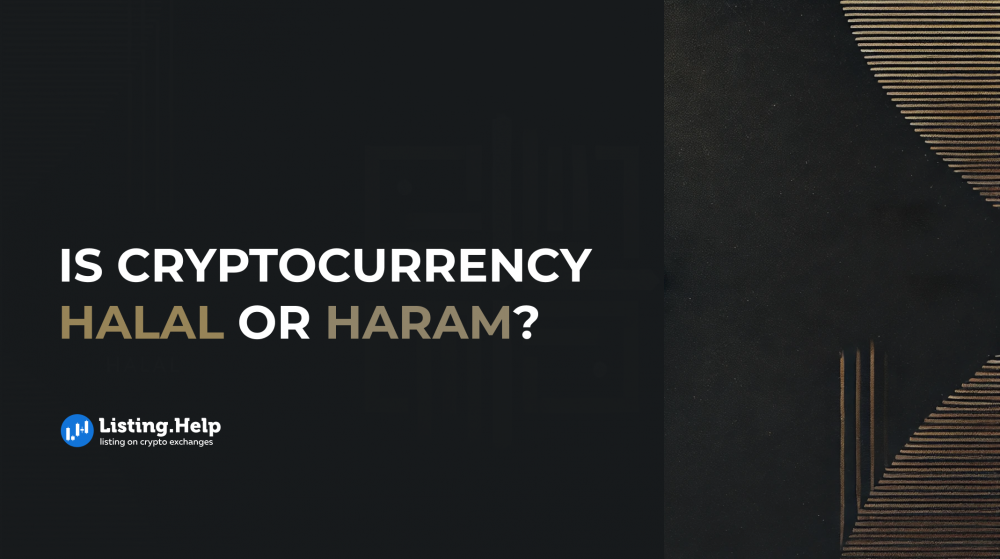


 February 19, 2026
February 19, 2026 